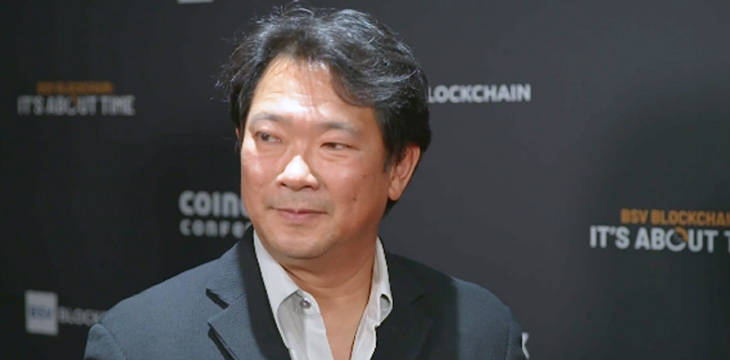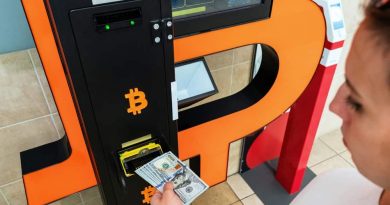Victor Tang introduces NFTYCO's Mona project, portfolio NFTs and more on CoinGeek Backstage
NFTYCO’s CTO Victor Tang speaks with CoinGeek Backstage host Nidhi Arora as he shares his experience taking part at the CoinGeek conference in person, NFTYCO’s latest project “Mona,” and portfolio NFTs, and more.
NFTYCO is a platform that allows users to create and transact non-fungible tokens (NFTs) on the BSV blockchain. Its mission is to “democrotize” NFTs on the blockchain.
Arora started the interview by asking Tang about his first-time experience attending the conference in person. “It’s been good, very positive. The sessions are great, and the feedback from the other visitors here has been really positive as well,” he said.
Tang went on to reveal the development and design of NFTYCO’s latest project, a marketplace platform called “Mona.”
“What we’re building is a platform that allows high-value art to be minted. [We’re] basically creating a business model out of it for clients like the museums and private collectors,” said Tang.
During the CoinGeek New York conference “The New World of NFTs” panel presentation, Tang mentioned portfolio NFTs. And according to him, this is NFTYCO’s attempt to solve some of the shortfalls of the current NFT technology.
“Once you mint something, it’s sort of open to the public. It’s no longer a rare collectible, which is what it’s supposed to be. Our clients want to be able to mint the artwork as well as [its] supporting documents—a certificate of authenticity, the back and sides, the lidar images, etc. Something that really adds value and also proves the provenance of this piece that’s being minted,” Tang said. “Portfolio NFTs add the security and DRM aspects so that we [can] turn this digital asset into a business.”
Tang also said that with portfolio NFTs, a business model would be wrapped around the artwork that makes it closed for public access and not open for download—giving the owners complete control over the access and revenue of their NFTs.
“It’s not open to the world to download after somebody’s bought it for 69 million dollars, but you actually have control. Only people that you have [permitted] can use it. People that you’ve licensed it to. Whether it be a long-term license or somebody’s doing an exhibition for a month, and so you license this individual to be able to use your NFT and present it during that period of time,” he noted. “The other aspect is to be able to have a revenue stream. So as an artist, you created this work, and to be able to earn some revenue every time it is resold or it is displayed is something that doesn’t exist now. [This is what] our clientele with the high-value collectibles would like to have. So we built that for them.
Is NFTYCO minting these NFTs on the BSV blockchain? Tang answered this question with a big yes. Currently, NFTYCO is minting these NFTs on BSV blockchain because of its green technology and low carbon footprint, which he said matters most to one of their major clients.
“Yes, it is. One of the reasons is that BSV has a much greener story. It’s a much lower carbon footprint. That matters especially to the museums. They have their board, and they have their patrons and so forth, that say the Ethereum is not a good carbon footprint. So this gives them an option to look [for] much better [blockchain]. [BSV] has a lower cost [and] a higher performance, and we value those things,” he stated.
Before closing the interview, Tang revealed that NFTYCO is currently working on an auction for a 17th century Dutch masterpiece that will live the same time as Mona.
“What’s coming next is the auction at one of the major auction houses for the 17th Century Dutch masterpiece that a major museum is minting with us. We’re looking forward to that, and at the same time as the auction, we will be bringing our marketplace live. We’re looking forward to it,” he said.
As for his takeaway, Tang reminded the people watching the conference to think about what they wanted to do with their NFT. “I think that the takeaway is to really think about what it is they’re doing with their NFT. [Whether] they mint it and put it into the public domain, something that they’re looking for, or if they actually do want to monetize their digital art and have control of it,” he concluded.
Watch: CoinGeek New York panel, Licensing IP for NFTs: Graphic Novels, Comic Books & Brands
Source: Read Full Article



